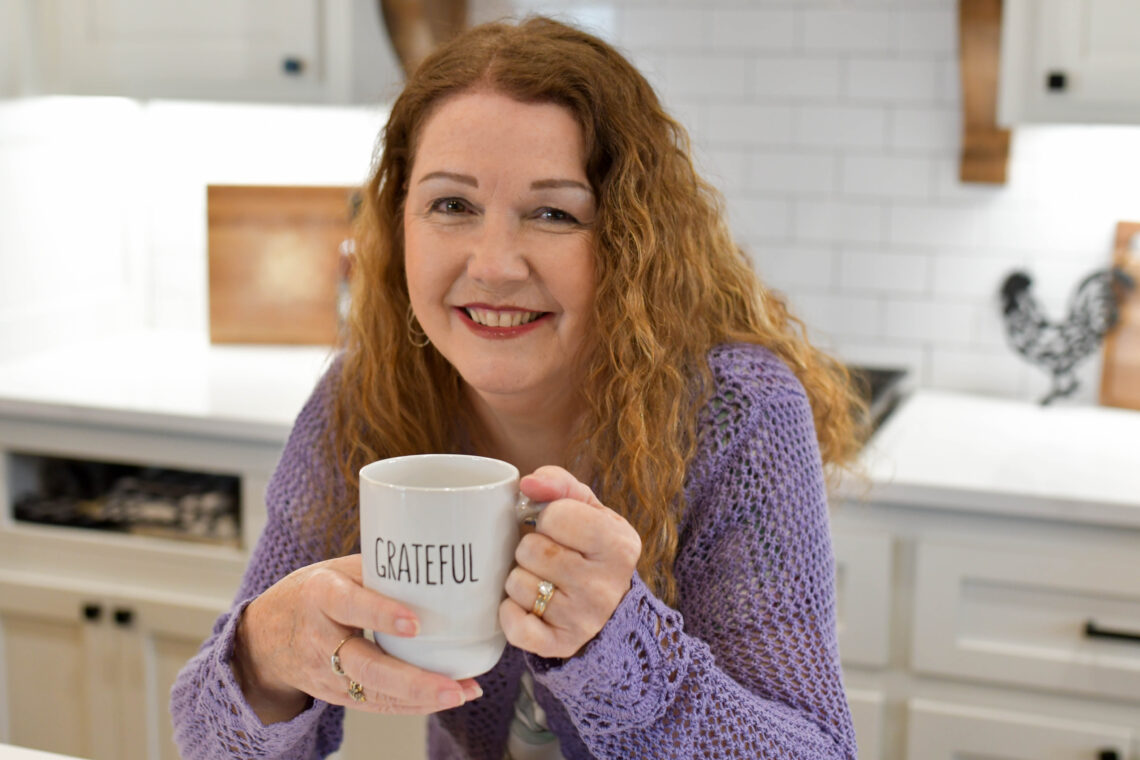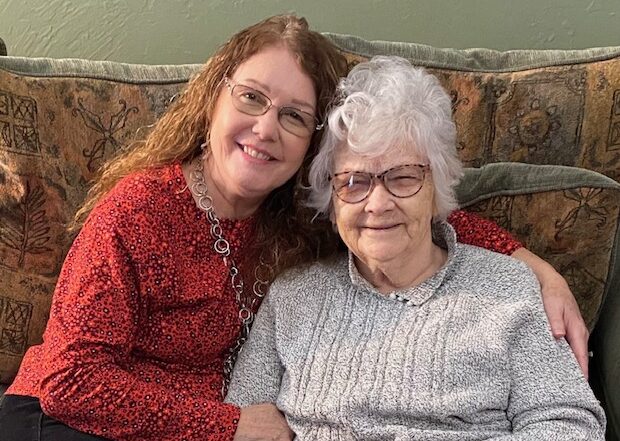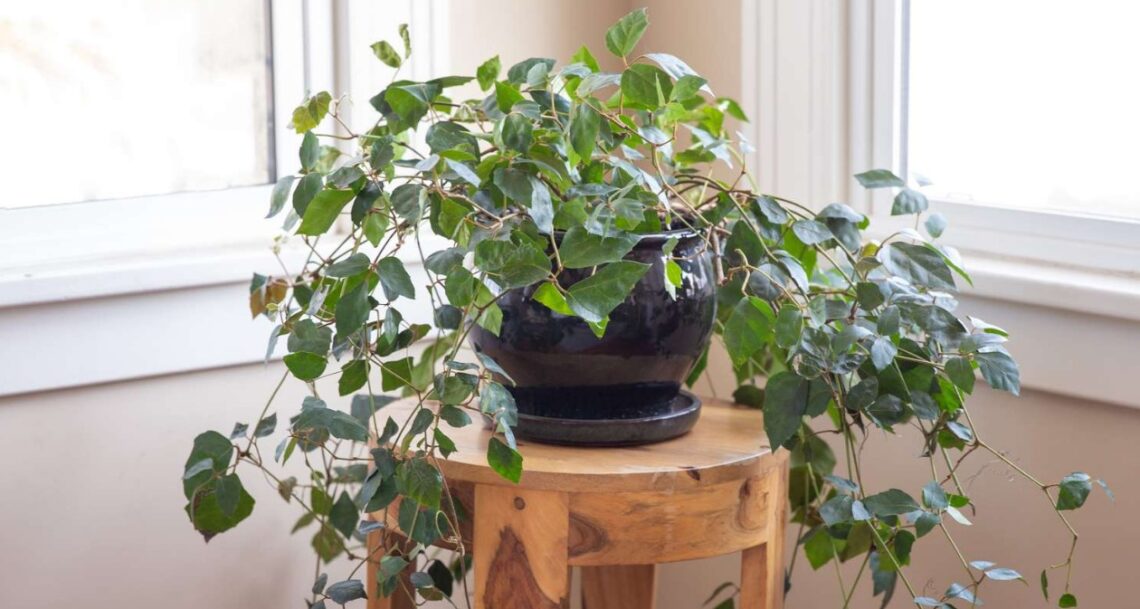-
Effective Strategies to Prevent Wandering in Dementia Care
Preventing Wandering in Dementia Care For caregivers of individuals with dementia or cognitive impairments, wandering is a common and concerning behavior. Defined as moving around without a specific destination, wandering can lead to safety risks such as injury or getting lost. Fortunately, there are several effective strategies caregivers can employ to prevent wandering and ensure their loved one's safet Create a Safe Environment Start by making the living space secure. Install locks on doors and windows, and consider a security system. Remove hazards like sharp objects and tripping risks. Tracking devices or ID bracelets can also be crucial in locating a loved one if they wander off. Establish a Routine…
-
Anxiety Calming Strategies
We all have a certain amount of anxiety. Learning how to handle it is what’s crucial. Caregivers have a higher-than-normal amount of stress due to their circumstances, so it’s doubly important for them to learn coping techniques. You’ll find other stress-relieving articles here and here. According to the Anxiety and Depression Association of America, over 18% of Americans struggle with some form of anxiety at any given time. Coping with anxiety can be complicated, especially since no single treatment works for everyone. So, let’s talk about five completely natural ways that you can calm your anxiety today. 1. Meditation & Deep Breathing Anxiety attacks and persistent anxiety typically come…
-
My Backstory
My earliest memory is being on the phone with my mother, who told me I had a new baby sister. I was so excited! Mom said she would bring the baby home to meet me in time for my 2nd birthday in 3 days. I would grab a diaper, wipes, or burp cloth with extreme speed and accuracy. Mom could count on me to care for this tiny, often crying, sweet baby sister, who was so helpless. I was a secondary caregiver at 2 years old! A short 15 months later, it happened again! My mom was a baby-making machine! She had 4 kids in 5 years!! This time mom…
-
Pete and repeat….
When you have a loved one with dementia, you may experience what I call "the repeats." It reminds me of an old joke I heard as a kid that was super annoying. It went like this: Pete and repeat went up a hill. Pete fell off, and who was left? When the victim says "repeat," you repeat the lines again. "Pete and repeat went up a hill..." Annoying, isn't it? As kids, we chose to be annoying by telling that joke to people. Our loved one didn't choose any form of dementia. Nor would we wish it on them! On a good day, they will ask the same question with…
-
Managing Large Gatherings: Dementia-Friendly Tips for Family Events
Successfully navigating large gatherings with a loved one who has dementia requires thoughtful planning and preparation. While it can be challenging, there are steps we can take to make these visits less stressful and more enjoyable for everyone involved. I won’t sugarcoat it or pretend that I have it all figured out. Many of you have been following my journey long enough to know that’s just not the case. I try hard, but sometimes, I still make mistakes. Maybe you can relate? My mom has vascular dementia, which makes our large family gatherings particularly challenging. Despite this, I refuse to exclude her. I want her to be with family as…
-
Finding Time to Relax: Stress Relief and Self-Care Tips for Caregivers
What goes through your mind when someone says "you just need to relax"? If you're like most caregivers, that suggestion might not calm you down. In fact, it might stress you out even more! While the sentiment is well-meaning, it’s often not helpful. We all know that stress is harmful, especially when it’s prolonged, and caregiving naturally comes with a lot of stress. But realistically, what can we do to unwind? We can’t simply run away from our responsibilities, nor can we ignore them and hope things will work out. So, what are some practical ways to find relaxation? Practical Tips to Help You Relax 1. Read a Book: Even…
-
Lessons from My Ivy Plant: Adapting and Thriving as a Caregiver
Nature is full of lessons, but we often miss them because we’re too busy to stop and truly observe. Recently, while watering my indoor plants—a routine task I perform every Saturday—I took a moment to carefully observe my giant ivy (Golden Pothos). Although I’ve cared for this plant for nearly 20 years, it still taught me a valuable lesson about adaptability and growth. When my ivy grows across a flat surface or drapes down, its vines remain smooth. However, when it wants to grow upward without support, it adapts by growing tiny arms to latch onto anything nearby—whether it’s a wall, window blinds, or even a canvas painted by one…
-
Why Do People Journal? Uncover the Surprising Benefits of Daily Writing
Have you ever heard people talk about journaling and wondered why they do it? Is it really beneficial, or just another task to add to your already full day? How can it possibly help? I used to think the same way! With a job, family, and caregiving responsibilities, I felt like I was barely keeping my head above water. The idea of adding journaling to my routine seemed overwhelming. But before you dismiss the idea, I invite you to consider the potential benefits of journaling. I’m not asking you to commit to anything—just to ponder whether this practice could offer you some relief and insight. If you decide to give…
-
5 Stress Relievers Every Caregiver Should Know: Prioritize, Move, and Thrive
Feeling overwhelmed by your endless to-do list? As a caregiver, managing stress is crucial for your well-being and the care you provide. Here are five practical strategies to help you reduce stress, prioritize tasks, and find moments of peace amidst your busy life. 1. Prioritize Your To-Do List Take a hard look at your to-do list and separate the essentials from the non-essentials. Create two lists: one for tasks that absolutely must be done, and another for things that would be nice to accomplish. Now, focus only on what’s essential. Break down your essential tasks into three categories: Top Priority (#1), Medium Priority (#2), and Low Priority (#3). Concentrate on…
-
The Dr. Said ‘Dementia’: Essential Next Steps for Patients and Caregivers
Hearing the word "dementia" from your doctor can be overwhelming. Your mind races with questions: Is there a cure? How will this affect our lives? What can be done to slow it down? It's natural to feel lost with so many unanswered questions, but you're not alone. Understanding Dementia First, know that dementia is a broad term that encompasses various diseases, including Alzheimer's, Dementia, Parkinson's and more. While there is currently no cure for most types, understanding your specific diagnosis can help you and your loved ones prepare for the journey ahead. Let me help first with some basics. Dementia is terminal in all forms except one, which is termed…









